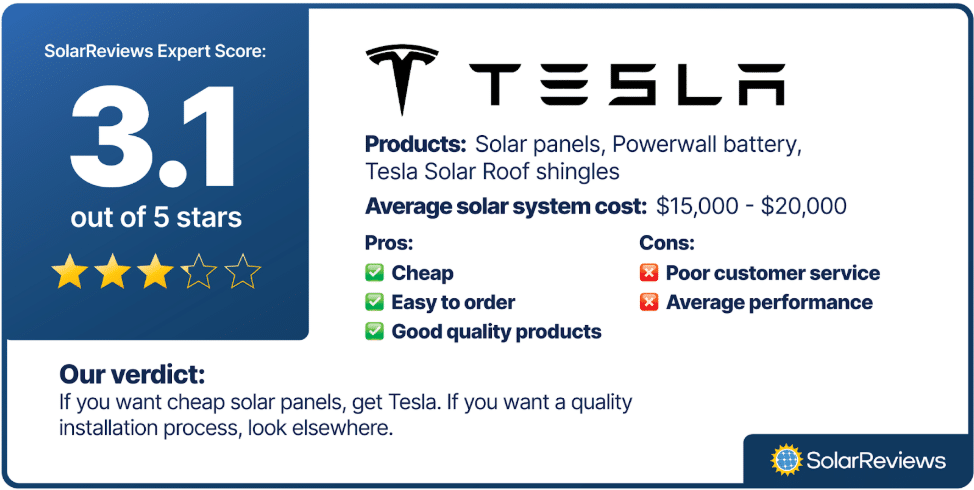Going solar is the investment in your home that pays the best. And yet, as with all large expenditures, selecting a quality installer will be the difference between a smooth ride and long-term savings or an ugly, costly mistake. From the local firms to the national chain names, there are so many available, it serves you well to have an idea of what to search for.
Today, we’ve compiled a guide so you can select a solar installer you can trust.
Think Small: Why Local Solar Installers Often Win
Big names like Tesla, Sunrun, or ADT Solar may seem tempting, but bigger isn’t always better. Locally owned solar companies that have been in business for five years or more, in fact, often provide better customer service throughout the entirety of your panels.
Local installers usually…
- Know local solar policies and utility requirements.
- Offer more support if something goes wrong.
- Rely heavily on word-of-mouth, so they’re motivated to give you the best service possible.
Larger national solar companies will often have worse customer review scores than locally owned installers. This will usually be a matter of customer service. With hundreds of customers dispersed across the nation, giant companies occasionally can’t compete with the level of individualized care that a smaller, local-based installer can.
What to Look For In Local Installers
Online reviews are extremely important. Consider Google, Yelp, the Better Business Bureau, and sites like SolarReviews, which authenticate reviews to ensure they’re real. If a business won’t give you customer references, that’s not a good sign.
Pro tip: Check out the SolarReviews Expert Rating, which evaluates installers on years of experience, licensing, and profitability, giving you more than just customer opinions
Here’s an example of a SolarReviews expert rating on Tesla:

When researching solar installers, keep these four key traits in mind:
1. Locally Owned & Experienced
Look for companies that have been around for at least five years. Longevity shows stability and experience. A local company will also be quicker to respond if your system ever needs maintenance.
2. Positive Reviews & References
Online reviews are important. Google, Yelp, the Better Business Bureau, and sites like SolarReviews, which check reviews to ensure that they’re real. If a company won’t give you customer references, that’s a bad sign.
3. In-House Installation Crews
Installers who have their own employees (as opposed to subcontractors) provide more predictable quality. Bonus if their employees include NABCEP-certified professionals, the gold standard certification for solar expertise.
4. High-Quality Equipment
Leading solar installers work with solid brands and provide strong warranties:
- Solar Panels: 25-year minimum performance warranty and 10-year product/workmanship warranty. Leading brands include Qcells, Canadian Solar, and Maxeon/SunPower.
- Inverters: Look for top brands like Enphase, SolarEdge, SMA, or Fronius. Inverters need to carry at least a 10-year warranty; microinverters typically come with 25.
- Batteries (optional): Leading choices include the Tesla Powerwall, Enphase battery, and Generac PWRcell. Require a 10-year performance warranty with at least 70% capacity at the end of the term.
Comparing Solar Installers: How to Decide
If you’re stuck between two good options, here’s what to look for:
Price:
Don’t go for the lowest price. A fair price is between $3.00–$3.50 per watt installed. Anything less than $2.60 per watt could mean that they used cheaper materials, and over $3.50 per watt is too high.
Financing:
If you need financing, make sure the company offers competitive financing terms. Remember that financed systems tend to cost more (around $4.00 per watt installed) due to dealer charges.
Additional Services:
Some companies also install EV chargers, make energy efficiency improvements, or do roofing. Even if you don’t need them now, it’s nice to have those options in the future.
Red Flags to Avoid
Not every solar provider has your best interests at heart. Be wary of:
- Coercive sales tactics (making you sign on the dotted line right away).
- Over-the-top claims, including “you will never pay your utility company again.”
- Too-good-to-be-true deals, for example, “free solar panels.”
- Prices that are unrealistically low, which typically mean poor workmanship or subpar equipment.
Summary
Solar energy is a long-term investment, and a quality installer won’t just build your system up, they’ll still be around years later when you need service, maintenance, or expansion. Make the best choice by looking for a local company with at least five years of experience, good reputation, and on-staff personnel. Ensure they deal with top-quality equipment backed by great warranties, and avoid pushy salesmen or suspiciously cheap prices. Keeping these hints in mind, you can trust in hiring a solar installer that will save you money and give you peace of mind for years to come.

